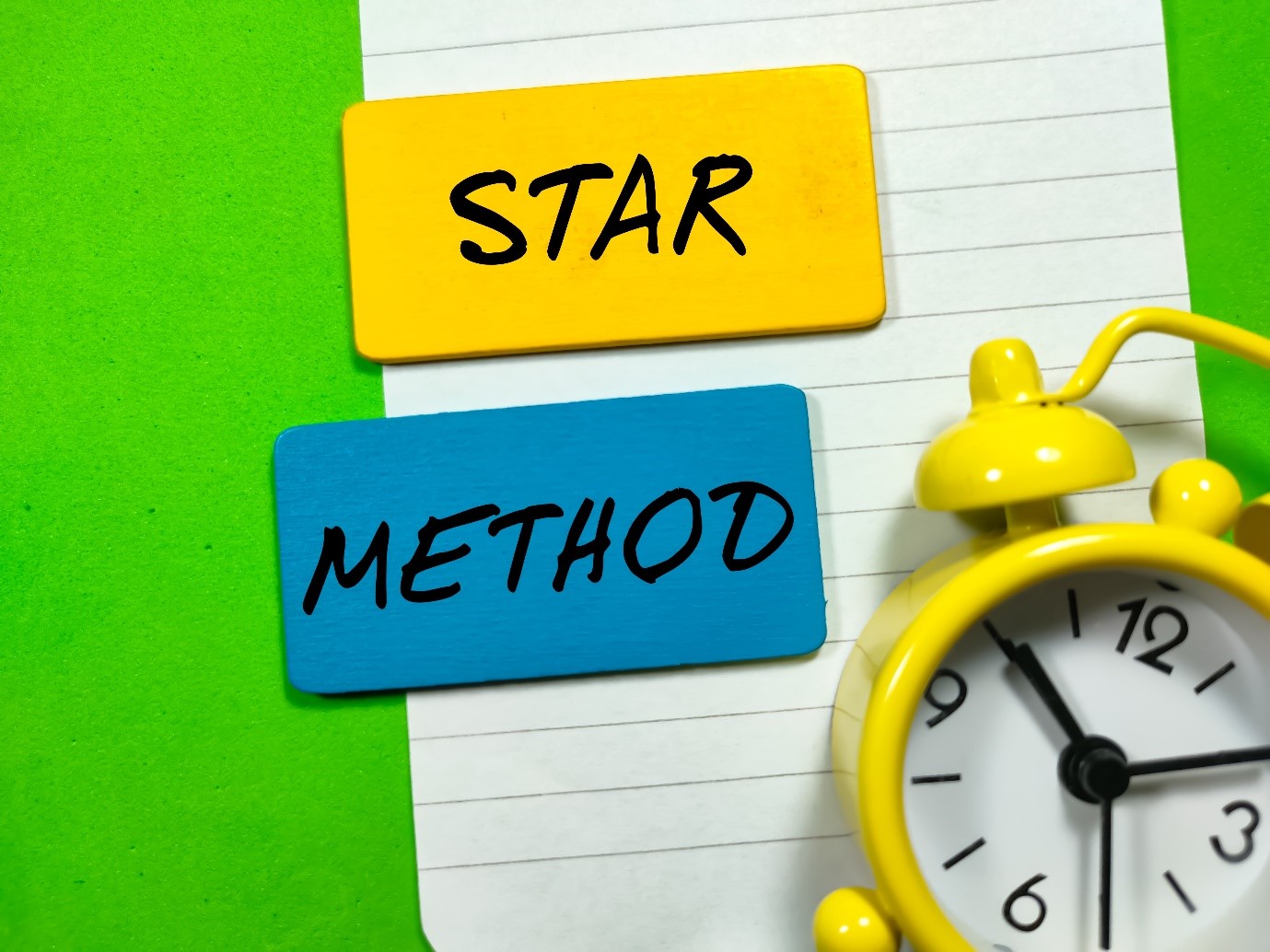Your Personality
The interviewer needs to know if your personality is a good fit. For example, if the team you are being recruited for function well with little supervision, then the interviewer will be seeking someone who is self-sufficient.
As you also want to find a role which is suited to you, try to show your true self. This way, you’ll thrive if you are successful in landing the job.
Do’s and Don’ts
Before we get into choosing your examples, here are a few general tips on how to prepare your answers.
Don’t pick weaknesses which could eliminate you from the selection process. For example, if the role requires outbound sales then relating how you struggle to communicate on the telephone is likely to drop you from consideration.
Do read the person specification carefully. The interviewer will use your strengths and weakness examples to see whether you are a good match for the role.
Don’t exaggerate or invent strengths you don’t have. Choosing to apply for the role suggests you have at least some of the skills they require, so choose from those and aim to come across as confident rather than arrogant.
Do illustrate your strengths and weaknesses with examples. This improves your chances of communicating effectively.
Don’t waffle. When practising, cut down your answer till every sentence moves the story forward. Using the ‘STAR’ method will also help you be concise, (please see below).
Do research the company you are applying to. Gaining knowledge of the company’s goals and challenges, (from their website, social media and in the news) will make you a stand-out candidate. Use this knowledge to explain how your strengths could help them achieve their aims.

Talking about your Strengths
Take the person specification and highlight the skills and traits you possess which match this.
For example, if the job specification calls for teamwork, give an example of how you went beyond what is expected of you to support your colleagues or helped your team to achieve a goal.
Choose a strength which you have plenty of experience with or have made a significant achievement in.
Plan out an example to relate, using the STAR method to structure it.

Situation
Task
Action
Result
Start with a situation which puts your example into context, giving the who, what, where, when. Move onto the task, which clarifies your role and responsibility. The action explains how you responded to the problem. Result is about the outcome of your action and how it improved things for your employer. Use statistics to back up your result where possible, such as cost savings or increased profits.
You might choose to add how you developed this strength. Also, you could add brief examples of how it benefited other previous employers.
For bonus points, explain how your strength could help the company you are interviewing for to achieve their particular goals.
Talking about your Weaknesses
Remember, choose a weakness that won’t affect your ability to fulfil the job requirements. Double-check the person specification to ensure your example won’t disqualify you for the role.
The interviewer is looking for evidence that you take responsibility for your continuous improvement. Therefore, choose a weakness that you have taken action on and have improved as a result.
When planning your answer, first give an example of how you discovered your weakness. For example, if you have a fear of public speaking, you may be able to relate how you struggled to give a presentation. Next, say what you have done to address this. Perhaps you practised with colleagues, took a course, or got some coaching. Finally, say how things improved as a result and highlight the positive impact it had on your employers.
If you expect the interviewer may consider that you are lacking in experience, here is any opportunity to tackle this head on. Mentioning a lack of experience can be a good idea if you can evidence commitment to building the required skill set. Talking about courses, training, working with an experienced mentor or complex projects you have shadowed will convey that you have the necessary skills despite a lack of time-served on the job.
Other ways the Interviewer may ask about your Strengths and Weaknesses
Most interviews today will require you to talk about your strengths and weaknesses.
However, the question may be posed in different ways, such as:
Weakness Questions